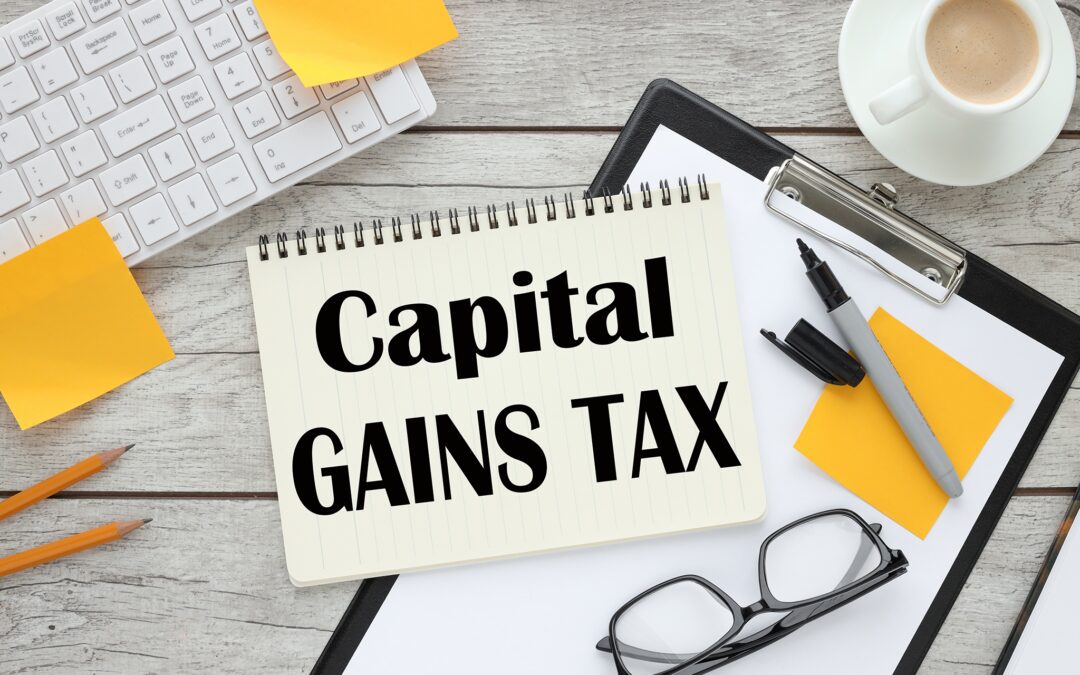
IHT Planning and Gift with Reservation of Benefit
IHT Planning and Gift with Reservation of Benefit
Have you been thinking about inheritance tax (IHT) lately? It’s surprising how often it rears its head. But, there are a couple of main anti-avoidance rules to be mindful of whenever considering IHT planning. As such, we want to take a brief look at ‘gift with reservations of benefit.’
Gift with Reservation of Benefit
- During lifetime, individuals may choose to gift assets out of their estate to other individuals, trusts or even companies to reduce the taxable value of their estate for Inheritance Tax purposes.
- Typically, a gift to an individual would be a Potentially Exempt Transfer (PET), whereby the gift remains in the donor’s estate, but will become exempt from Inheritance Tax once the donor survives for 7 years following the date of gifting.
- There are anti-avoidance rules designed to cover instances where individuals may gift assets to other individuals, but may retain the asset for their own personal use.
What is a Gift with Reservation of Benefit?
- It is where an individual gives away an asset but continues to be able to benefit from that.
- The most common example is where the donor gifts their house to a donee (i.e. their child), but continues to live in the property.
IHT implications of a GWROB:
- Where an individual makes such a gift, the effect of the anti-avoidance rules is to treat the asset as still forming part of the donor’s estate at the date of death.
- So for instance, if the donor continues to live in a donated property until the date of their death, the house is still treated as being in the donor’s death estate and will remain fully chargeable to Inheritance Tax.
Some exceptions are permitted, such as where:
- The donor pays the donee a full market rent for use of the property that they have donated;
- The donor is virtually excluded from benefiting from use of the asset (for example, they only visit or stay in the property periodically), or;
- The donor stays with the donee in a donated property for domestic purposes, such as to receive medical care from the donee.
Pre-Owned Assets
Some individuals have attempted to avoid the Gift With Reservation of Benefit rules by making a cash gift instead.
They may do this by selling an asset, such as a house, but then gifting cash proceeds to another, who may then purchase an asset that the donor subsequently uses.
The most common scenario is where a donor sells a house, gives the cash proceeds to the donee, who then buys a new house that the donor subsequently lives in with the donee.
The Pre-Owned Assets rules impose an income tax charge on benefits received by the former owner of the property.
An income tax charge is only imposed in situations where:
- the former owner benefits directly or indirectly from an asset they previously
owned; and - the transfer is not within the Gift with Reservation of Benefit rules.
How the income tax charge is calculated depends on the type of asset.
Where the Pre-Owned Assets rules apply, the income calculated must be declared on a Self-Assessment Tax Return by the donor.
An exception is where the total Pre-Owned Assets tax charges in a year do not exceed £5,000.
A donor may elect to not be subject to the Pre-Owned Assets tax charge. However, the drawback is that the original transfer made by the donor will be treated as a Gift With Reservation of Benefit, meaning that the original transfer falls back into the donor’s estate and could be subject to Inheritance Tax.
Struggling with Tax?
As with all areas of Tax, complexities do arise. It can be difficult to understand the jargon and to know whether you are compliant. As such, it is always best to seek professional advice if you are at all unsure. We can help you there! With a team of seasoned Tax specialists, we can talk you through the complexities. So, please do take us up on one of our free introductory meetings. There, we can talk through your concerns and help you understand what we do and how we do it. There really is no need to struggle – with us by your side we will be partnering in your success in no time!

Author Bio
If you’d like to speak to one of our experts about, please call 01243 782 423, or email from our contact page and we will be in touch!
We also update our YouTube Channel regularly with new content, see here:





